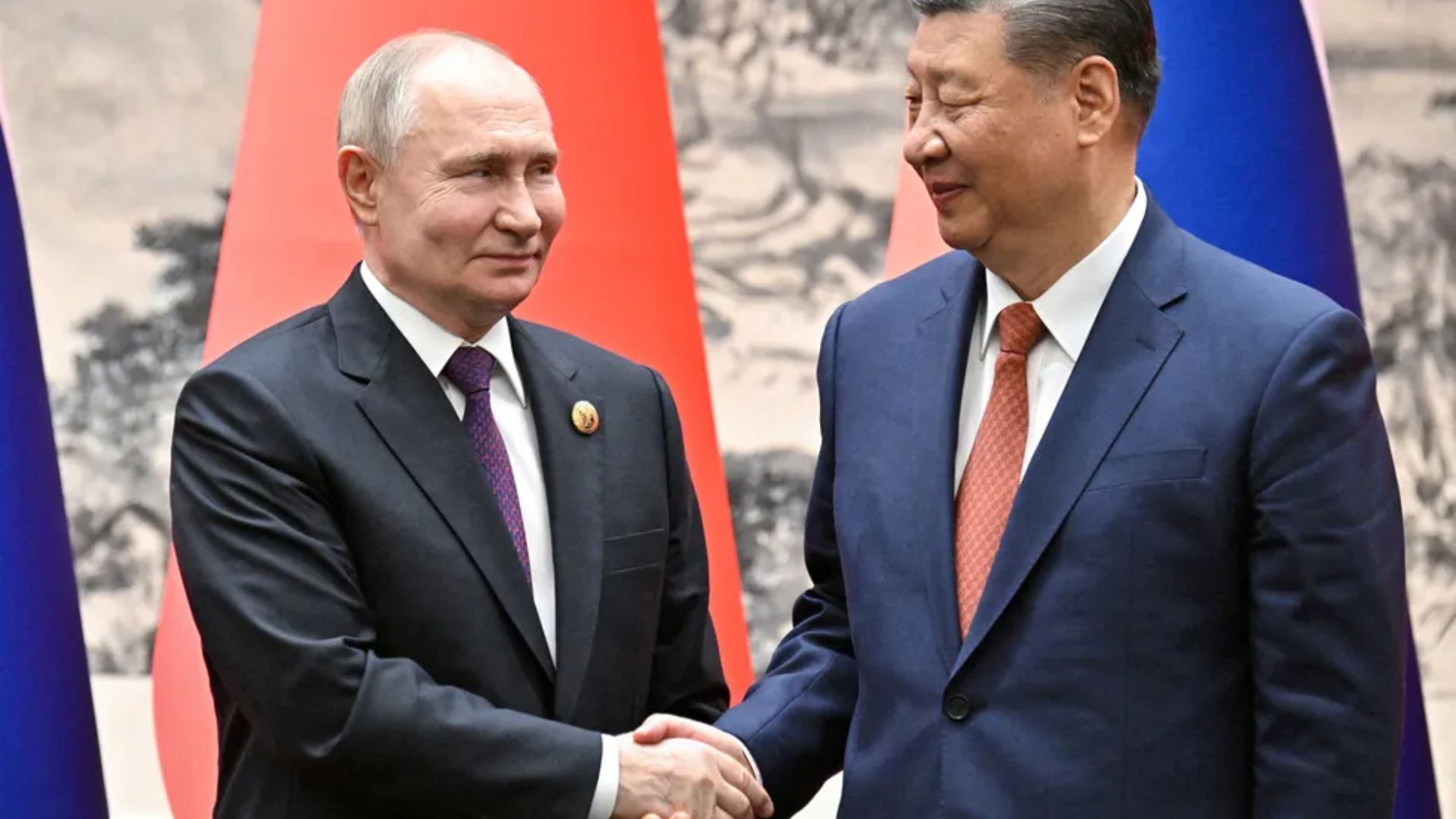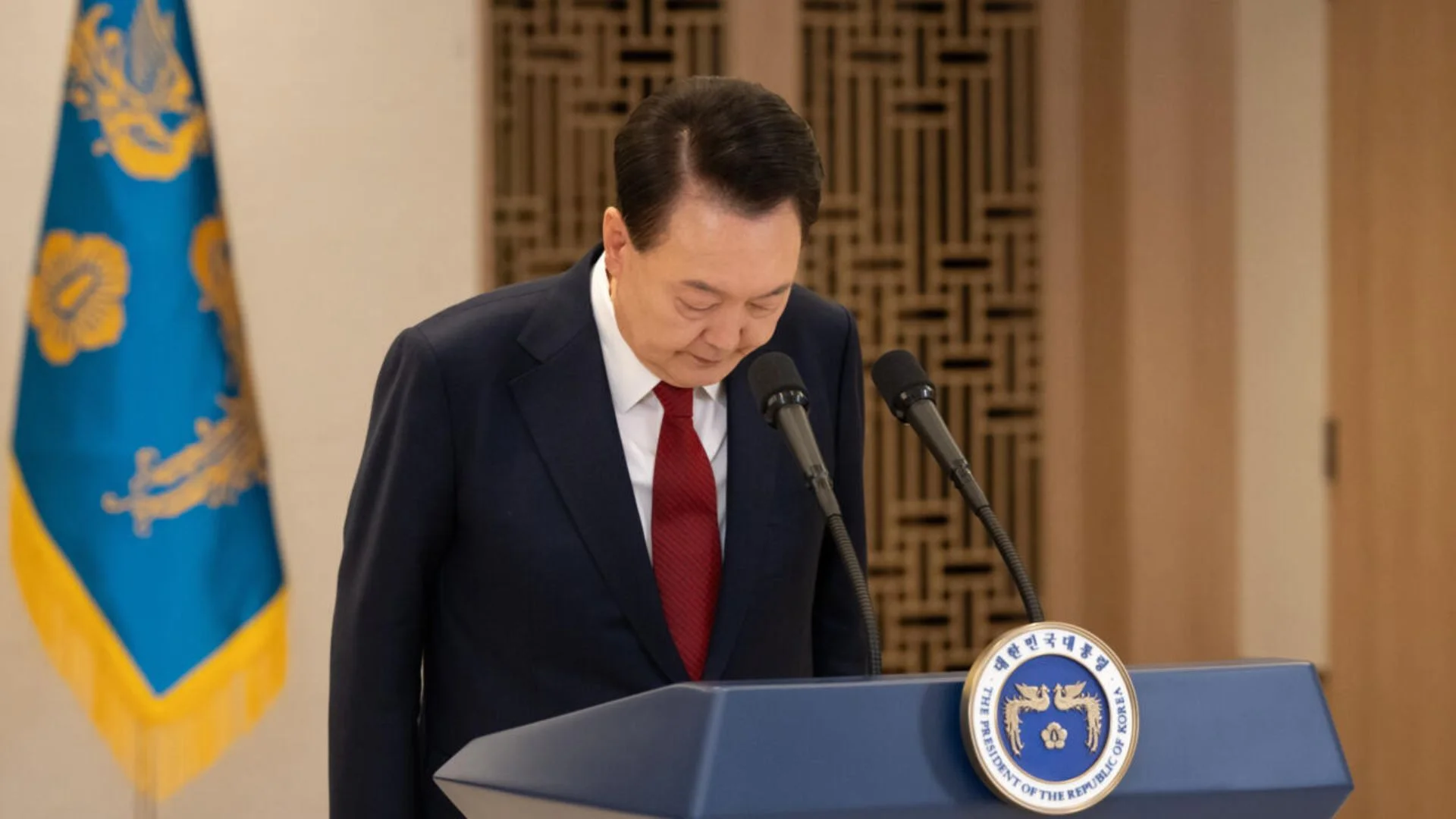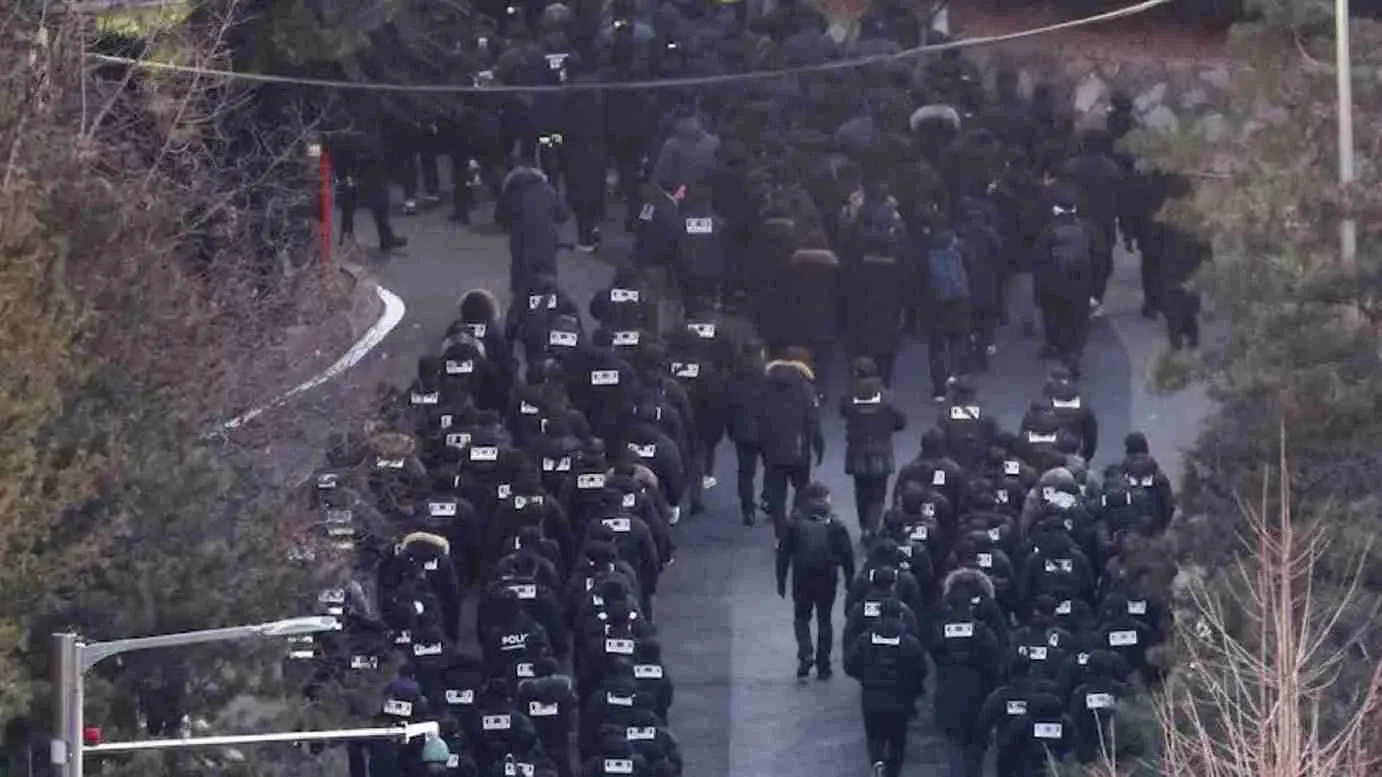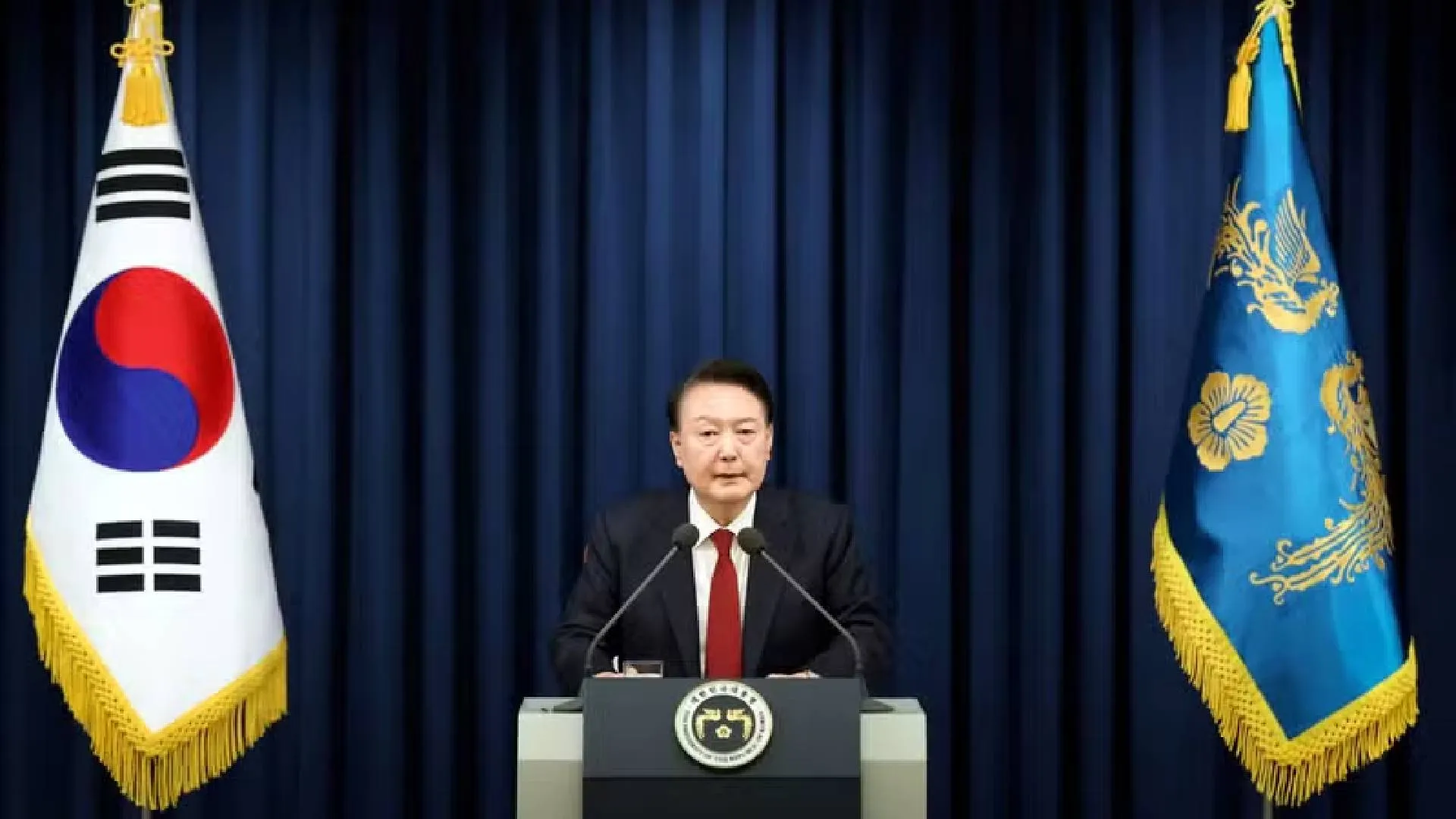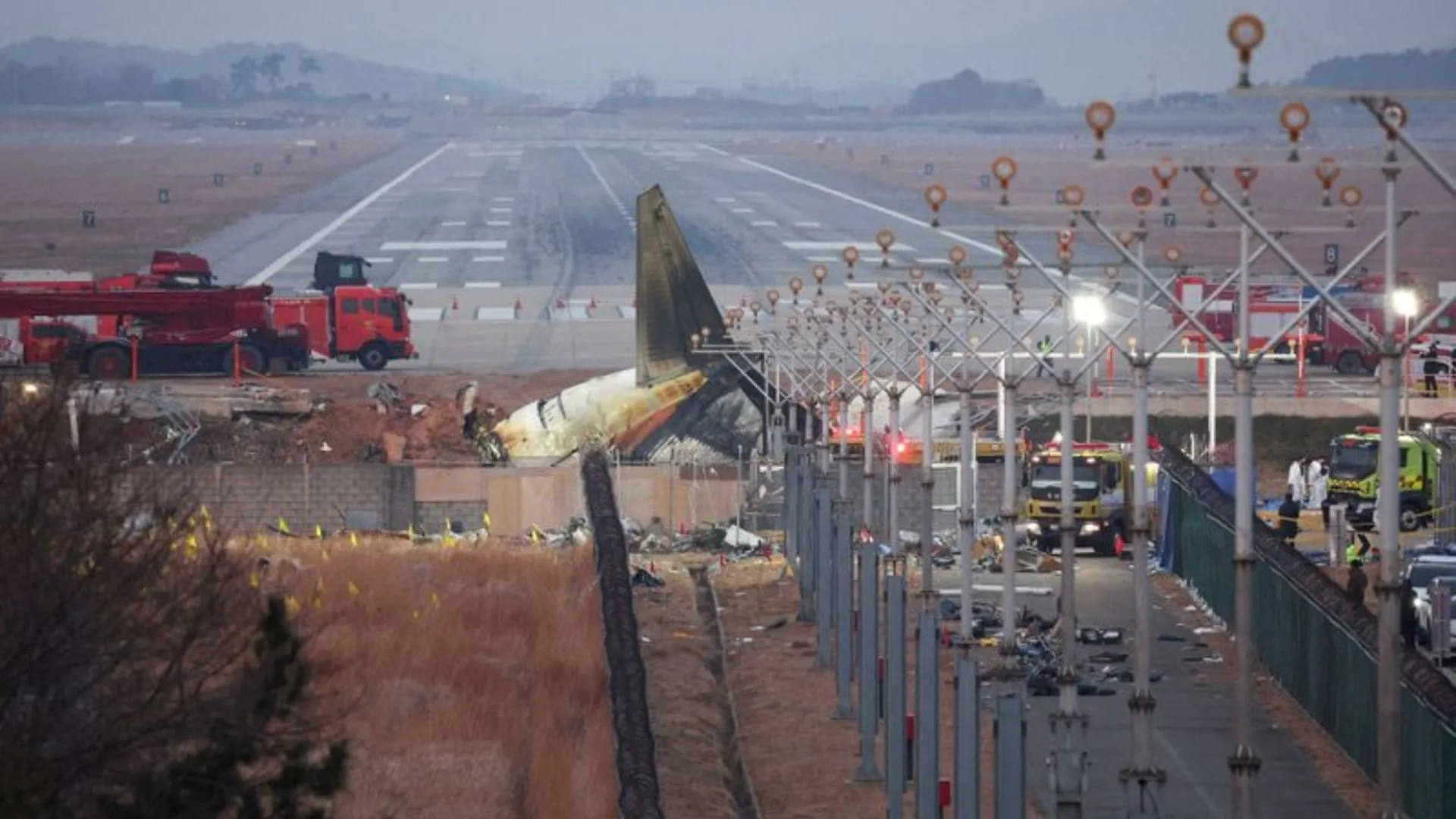As Western sanctions tighten around them, Russia and China have found themselves drawing closer, but analysts are questioning the nature of their relationship and its economic implications.
Following pledges of a “new era” of partnership between China’s Xi Jinping and Russia’s Vladimir Putin, experts are examining the depth of the bond between the two powerful rivals to the United States and its potential impact on global dynamics.
While China has emerged as Russia’s top trade partner, with bilateral trade reaching a record $240 billion last year, the relationship is more nuanced. Russia ranks only sixth in China’s trade partners, according to a report by the Council on Foreign Relations.
The recent conflict in Ukraine has accelerated Russia’s pivot towards China, with an increase in trade conducted in roubles and yuan. Yuan’s share in Russia’s imports has surged from 5 per cent to 20-25 per cent since the invasion of Ukraine, highlighting a growing economic interdependence between the two nations.
Analysts suggest that Russia, facing the threat of global isolation, increasingly relies on China, not only as a buyer of its oil but also as a supplier of crucial military components. With a significant portion of Russian military equipment relying on Western-made parts, China’s role in manufacturing these components offers Russia a degree of deniability in circumventing Western sanctions.
“Russia needs China more,” states Ribakova, underscoring Moscow’s reliance on Beijing for economic support amidst mounting isolation. While Beijing benefits from access to Russian oil, it aims to avoid Russia becoming overly dependent, fearing it could strain China’s resources. Nevertheless, China remains one of the few countries capable of providing substantial economic support to Russia in the face of sanctions.
India, another key player in this geopolitical landscape, has increasingly turned to Russian oil imports, accounting for about 35 per cent of its purchases. However, India’s reliance on Russian oil comes with its own set of challenges, particularly concerning Russia’s conflict with Ukraine and its deepening ties with China.
As Russia-China relations strengthen, India faces the dilemma of balancing its energy needs with its broader geopolitical interests, wary of the implications of a closer alliance between its two powerful neighbours. While Russia and China deepen their partnership, India finds itself navigating a complex geopolitical landscape, where its strategic interests intersect with the shifting dynamics of global power.

